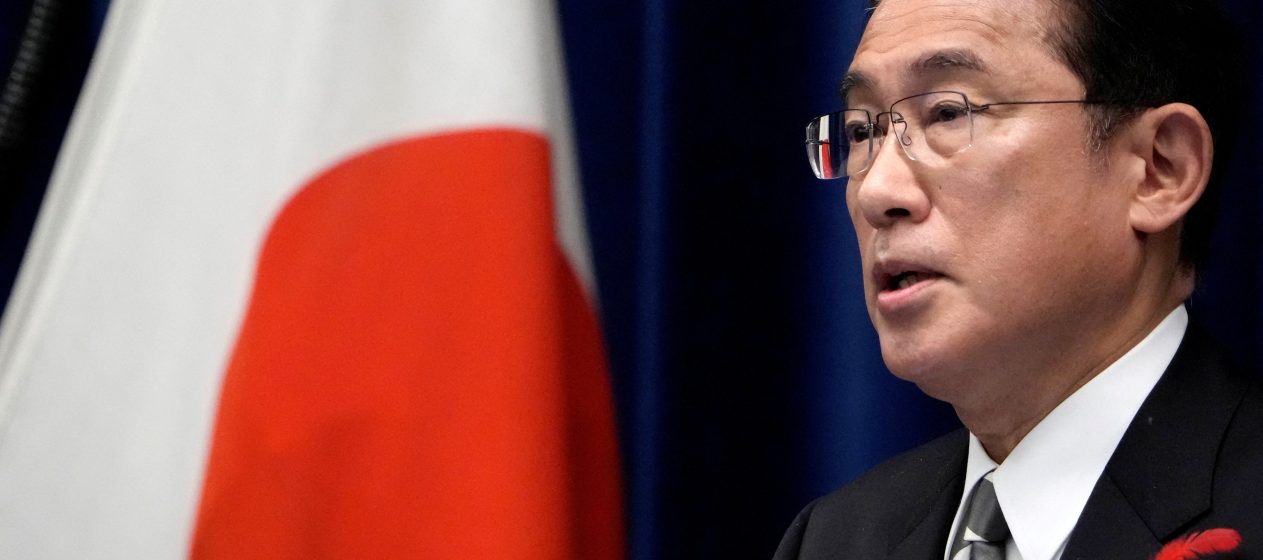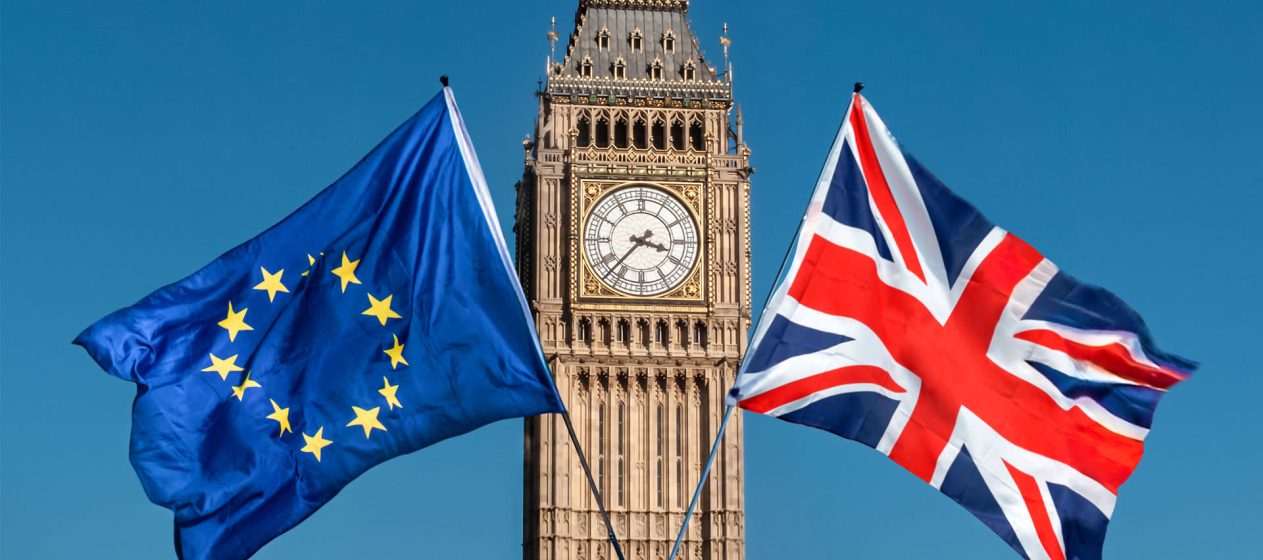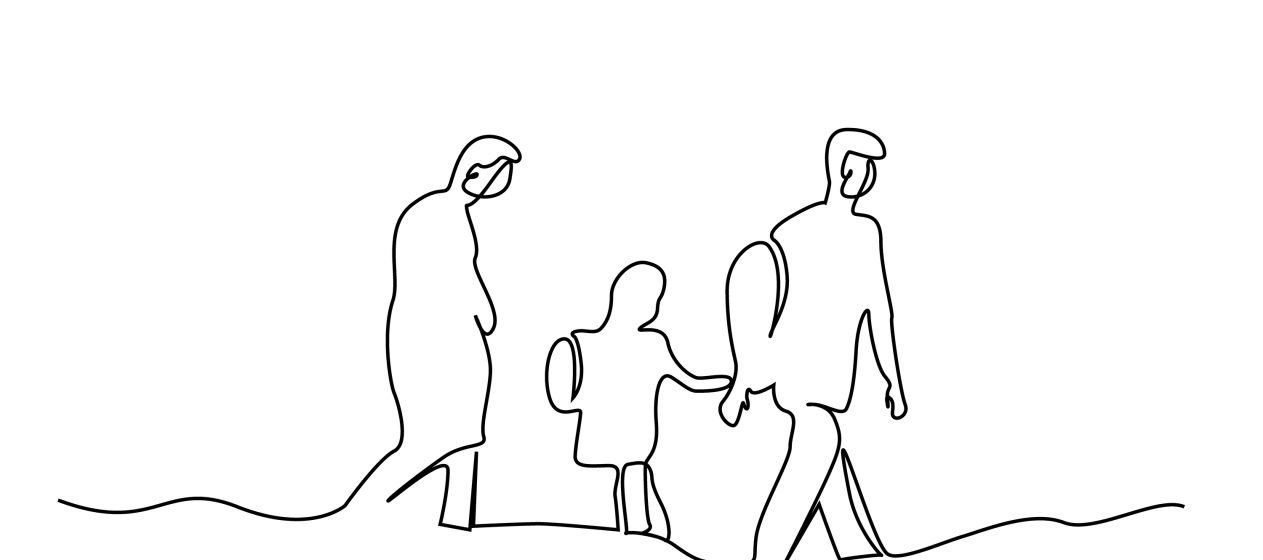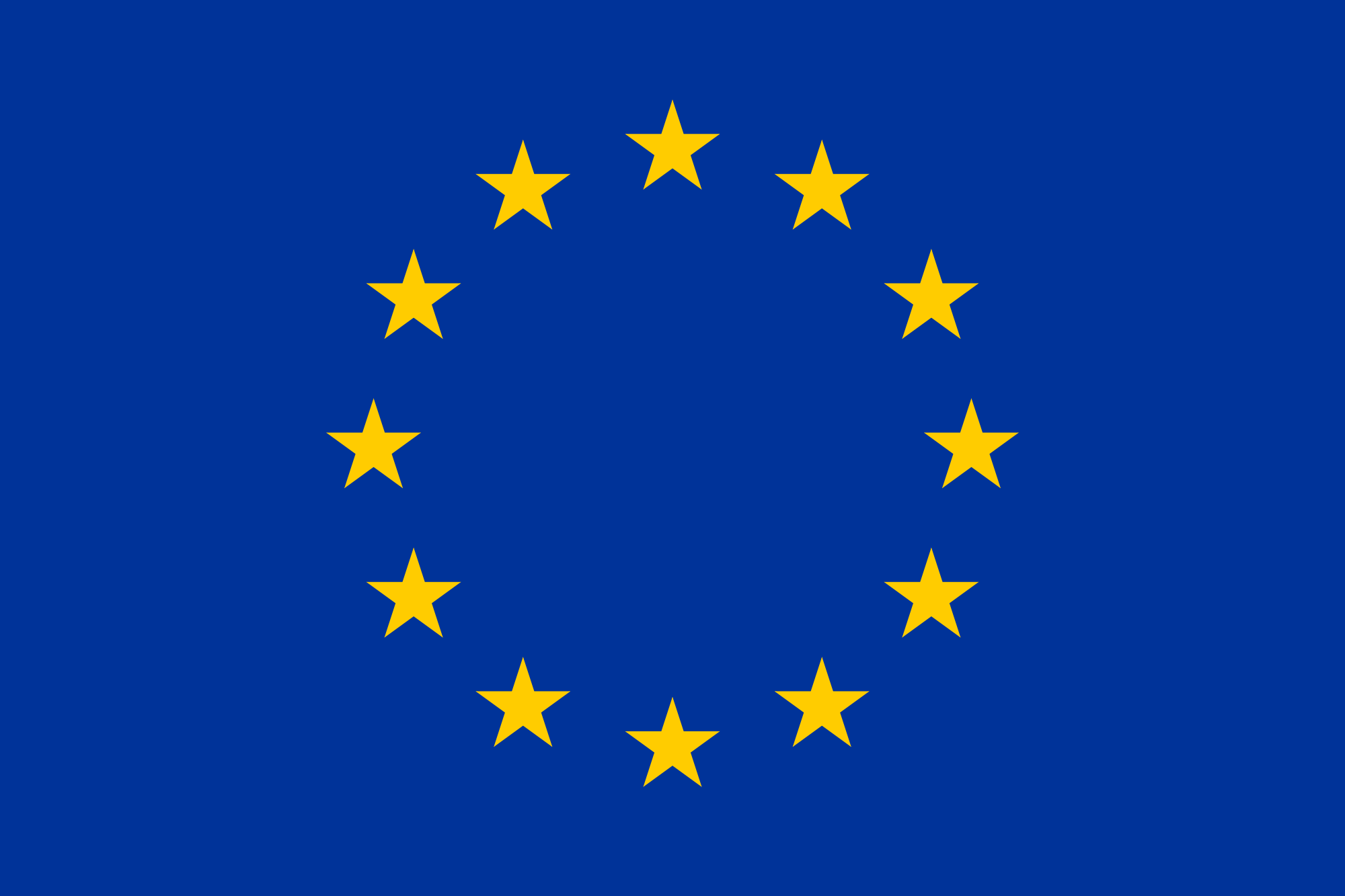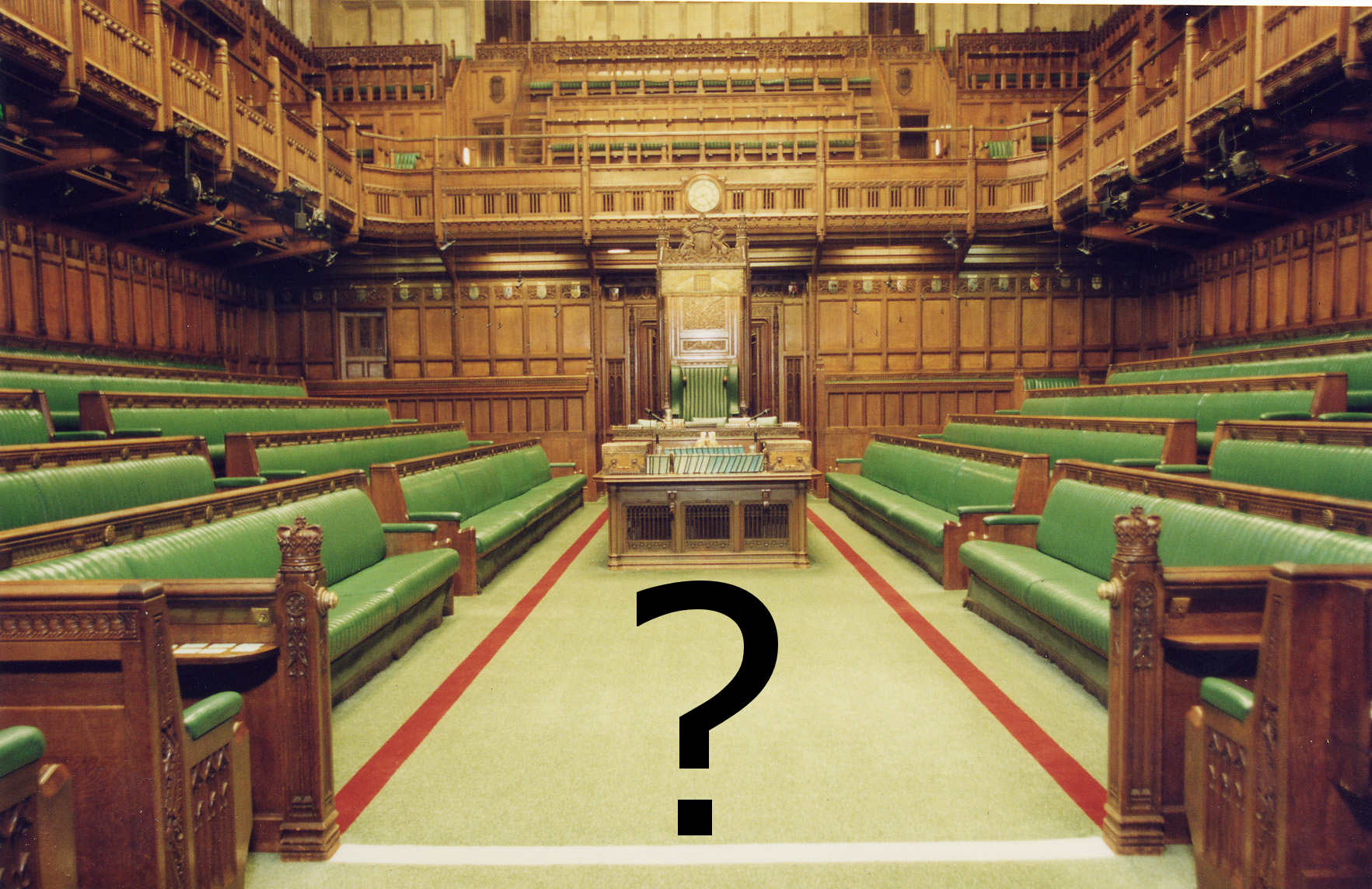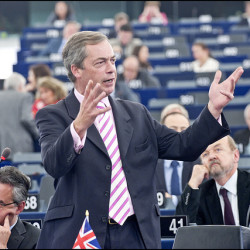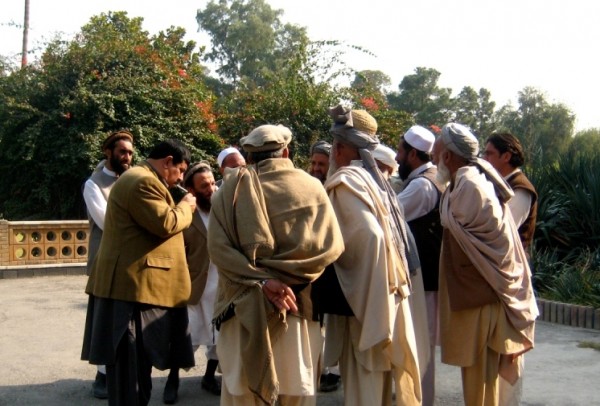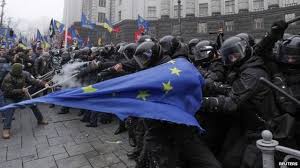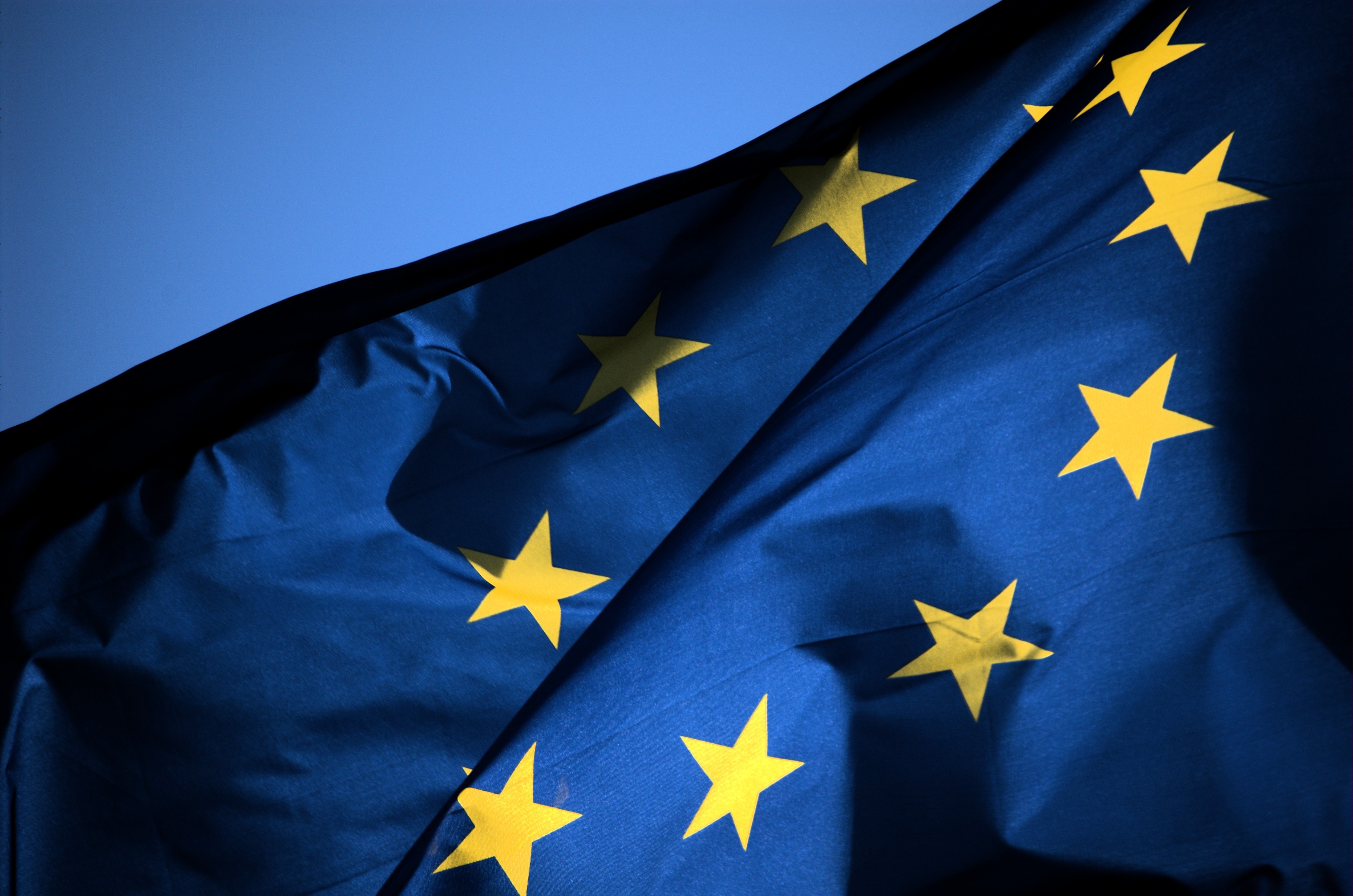
EU faces prospect of ‘coup d’état’ by European Council
(Also published on The Parliament Magazine) The 2014 European elections will be remembered as those that transformed the EU into a sort of Parliamentary democracy by indirectly electing the president of the European Commission, or as those that ditched the whole process and lead instead to the first “coup d’état” operated by the European Council against the European Parliament and the voters. The results of these elections show it clearly: many citizens feel detached from the process of European integration. They consider it too complex and non-transparent. This often pushes them to cast a “protest vote” such as those for nationalist parties, or simply not to vote at all. It is exactly to simplify the way the EU works and …









